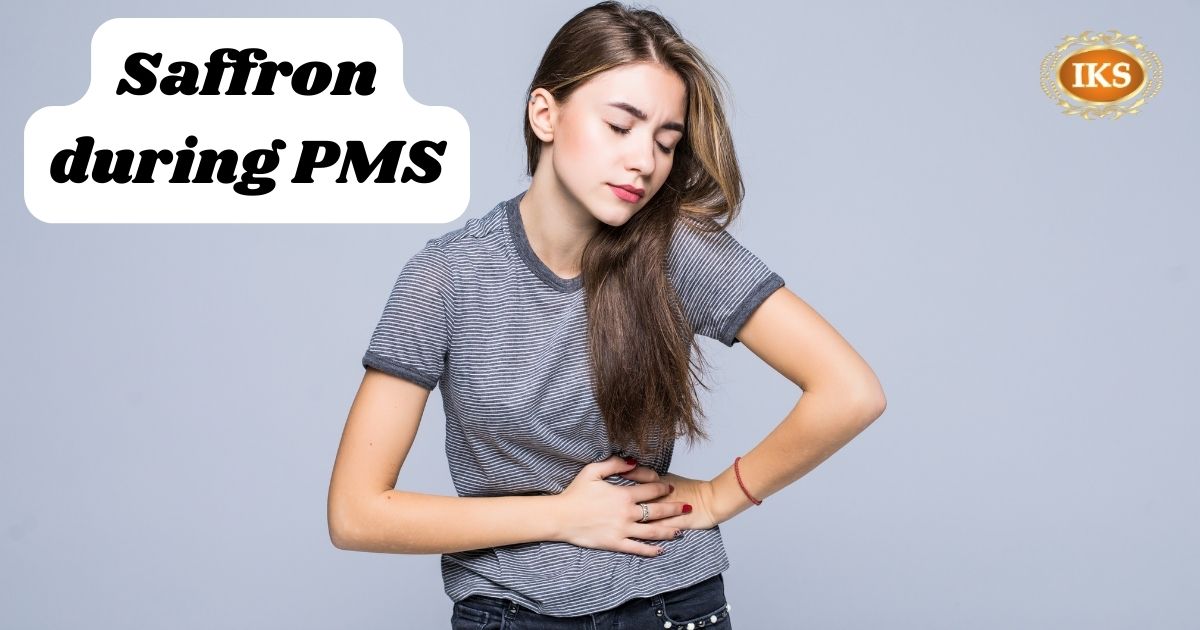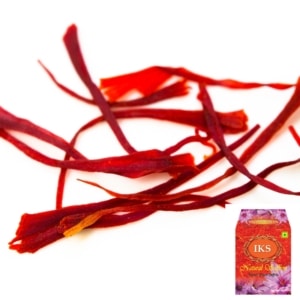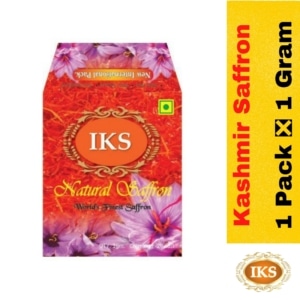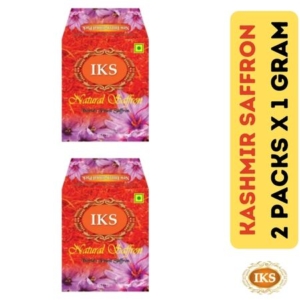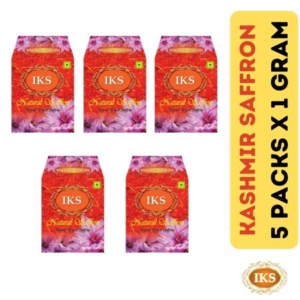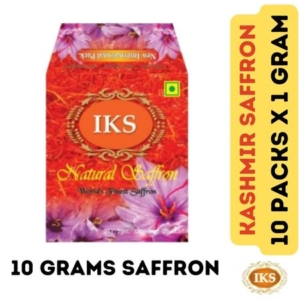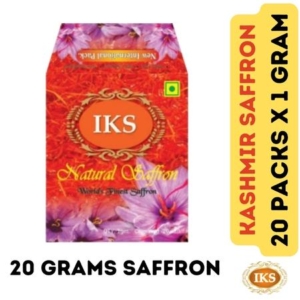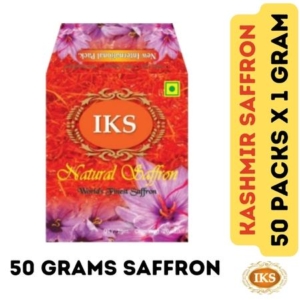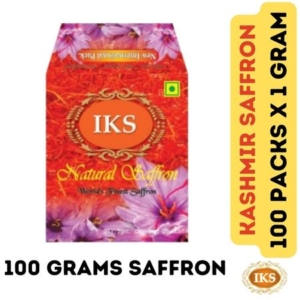Saffron during PMS: A Natural Approach to Relieving Symptoms
Saffron during PMS – Premenstrual syndrome (PMS) affects many women, causing physical discomfort and emotional distress in the days leading up to their menstrual periods. The search for natural remedies to alleviate PMS symptoms has led researchers to explore the potential benefits of Saffron (Kesar). This article delves into the use of saffron as a possible treatment for PMS, highlighting its effectiveness and the scientific evidence behind it.
Introduction
For many women, the days leading up to menstruation can be challenging due to the symptoms associated with PMS. While there are various treatment options available, saffron has emerged as a potential natural remedy for alleviating these symptoms. In this article, we will explore the scientific evidence behind saffron’s efficacy in combating PMS and provide guidance on how to incorporate saffron into your routine.
Understanding PMS
Premenstrual syndrome (PMS) refers to a collection of physical, emotional, and psychological symptoms experienced by women before the onset of their menstrual period. Common symptoms include bloating, breast tenderness, mood swings, irritability, fatigue, and food cravings. These symptoms can significantly impact a woman’s quality of life and overall well-being.
The Promising Potential of Saffron
Saffron, derived from the Crocus sativus flower, is a spice known for its vibrant color and distinct aroma. It has been used for centuries in traditional medicine for its potential health benefits. Recent studies have explored saffron’s impact on various conditions, including PMS.
Study Results: Saffron’s Impact on PMS Symptoms
Several studies have investigated the effects of saffron on PMS symptoms, and the results are encouraging. In a study involving women aged 20-45, it was found that taking 30 mg of saffron daily was more effective than a placebo in treating PMS symptoms such as irritability, headaches, cravings, and pain. Another study discovered that simply inhaling the aroma of saffron for 20 minutes helped reduce PMS symptoms, including anxiety and levels of the stress hormone cortisol.
How Saffron Works
Saffron contains compounds that are believed to contribute to its potential therapeutic effects. These compounds include crocin, crocetin, safranal, and kaempferol. Crocin and crocetin are known for their antioxidant properties and have been shown to have mood-enhancing effects. Safranal, another key component, is thought to have anxiolytic properties, reducing anxiety and promoting relaxation.
Saffron as a Natural Remedy for PMS
The potential of saffron as a natural remedy for PMS lies in its ability to address the physical and emotional symptoms associated with this condition. Its mood-enhancing and anxiety-reducing properties make it a promising option for alleviating irritability, mood swings, and anxiety commonly experienced during PMS. Additionally, saffron may help reduce pain, cravings, and other discomforts associated with this phase of the menstrual cycle.
Saffron: Dosage and Safety
When considering saffron supplementation for PMS relief, it is essential to follow the recommended dosage. The studies mentioned earlier utilized a dosage of 30 mg per day. However, it is advisable to consult with a healthcare professional before starting any new supplement regimen, especially if you have any underlying medical conditions or are taking other medications.
Incorporating Saffron into Your Routine
There are various ways to incorporate saffron into your routine. Saffron supplements are available in the form of capsules or tablets. You can also use saffron threads to infuse flavor into your meals or beverages. However, it is important to note that saffron can be quite expensive, so it’s crucial to ensure the quality and authenticity of the saffron you purchase.
Other Lifestyle Changes to Support PMS Relief
While saffron shows promise in alleviating PMS symptoms, it is worth considering complementary lifestyle changes to support overall well-being during this phase. Regular exercise, stress management techniques, a balanced diet rich in whole foods, and sufficient sleep can all contribute to reducing PMS discomfort. It’s important to listen to your body, prioritize self-care, and seek professional help if needed.
Conclusion
PMS symptoms can significantly impact a woman’s daily life and well-being. Saffron has emerged as a natural remedy that shows promise in alleviating the physical and emotional symptoms associated with PMS. Scientific studies indicate that saffron supplementation or simply inhaling its aroma may help reduce irritability, anxiety, pain, and other discomforts. However, it is important to consult with a healthcare professional before incorporating saffron into your routine.

